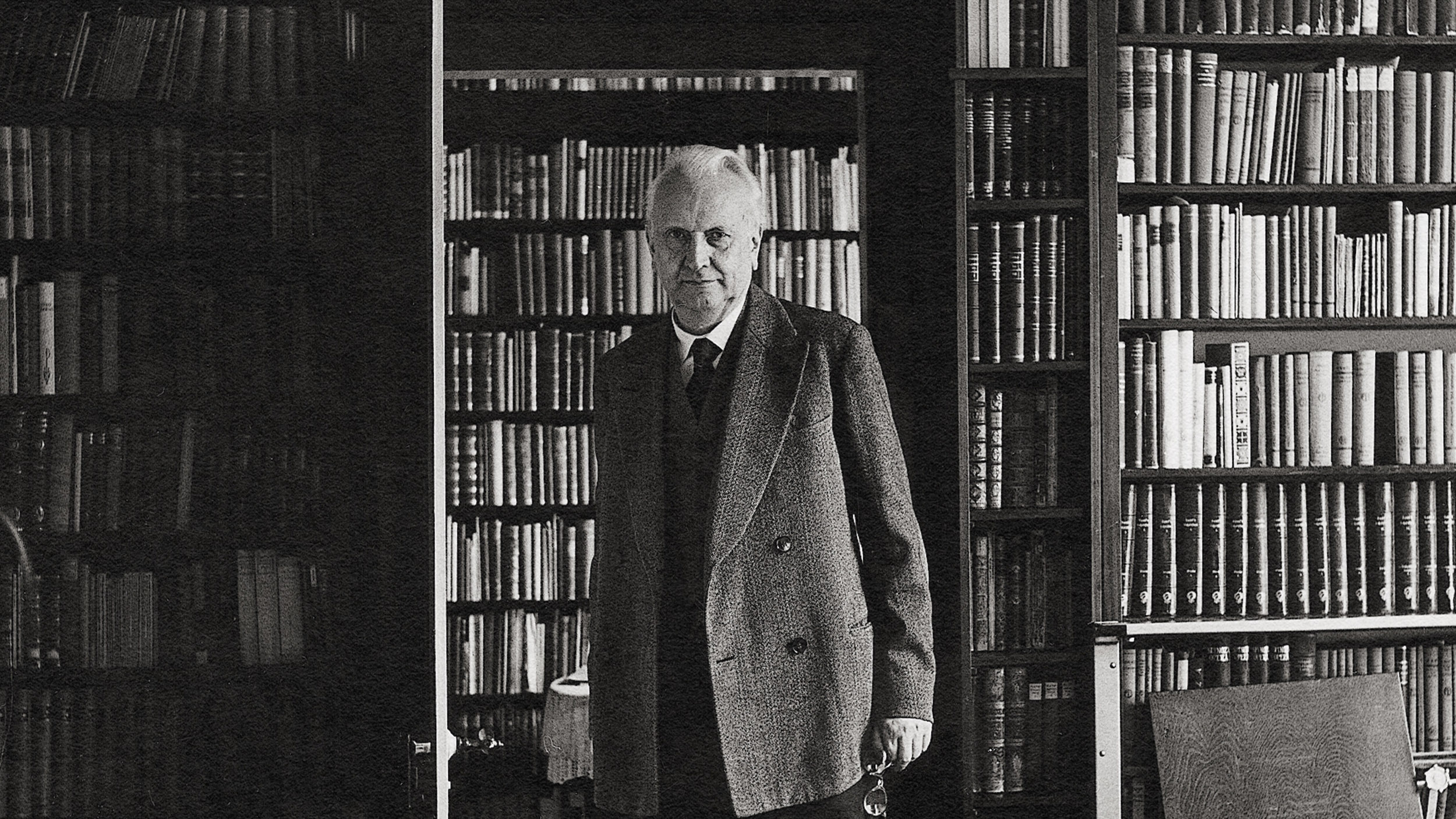Dershowitz talks of the need for a Continuum of Civilianality.
Question: How is the Iraq War different than past wars?
Alan Dershowitz: One clearly sees a new paradigm of asymmetrical warfare going on. Terrorists hide behind civilians; merge with civilians; operate out of civilian population centers and use those areas to attack the civilians of the democracies that are opposed to [them].
Hamaas fires rockets into downtown. Or Hezbollah fires rockets. Or Iraqi terrorists fire rockets at American soldiers in Afghanistan.
It’s going to spread all over the world, and democracy has two choices. Either not to respond or to respond. And if they respond they will inevitably kill civilians on the other side. That’s part of the goal of the terrorists. They want the democracies to kill civilians. Even if it’s their own civilians because that creates a terrible world impression against them, which is part of the reason why Israel has been subject to so much criticism as the United States has been.
We need a new jurisprudence to deal with that phenomenon. The old jurisprudence doesn’t work. The old jurisprudence simply said you’re either a civilian or a combatant. If you’re wearing a funny hat with an insignia and a uniform you’re a combatant. If not, you’re a civilian. That dichotomy doesn’t work with terrorism.
So I’ve had to construct what I call a “Continuum of Civilianality”, which ranks people along a line. Obviously babies and old people, and others who have no influence on the aspect of terrorism, they’re totally civilians. People who allow their houses to be used to store weapons, people who allow themselves to be used as shields are closer on a Continuum of Civilianality to combatants.
It has to be made a war crime to use civilians as shields, and to fire rockets from behind civilians. And there has to be a rule of proportionality that allows democracy to respond even if inevitably is going to risk the lives of some civilians to save the lives of other civilians.
We right now don’t have a jurisprudence for that. We don’t have a jurisprudence for preemptive attack against a nuclear power threatening to attack others. Not eminently, but in a year or so.
I’m not suggesting that it should be permitted. I’m suggesting that we need a jurisprudence.
Article 15 and 51 of the UN Charter doesn’t deal with that. It says only that a country can respond to an armed attack with an armed attack. But if you’re waiting to have a chemical, biological, a nuclear weapon directed at your civilians, nobody reasonably can be expected to wait.
And so we need a jurisprudence to fill that black hole. And my life work is to try to find, construct, create at least the beginning of a jurisprudence so that nothing is outside of the rule of law. That’s my goal.
Nothing under the radar screen. Nothing left to discretion. Everything we do subject to the rule of law. That probably created the greatest controversy in my academic life.
Recorded On: June 12, 2007





